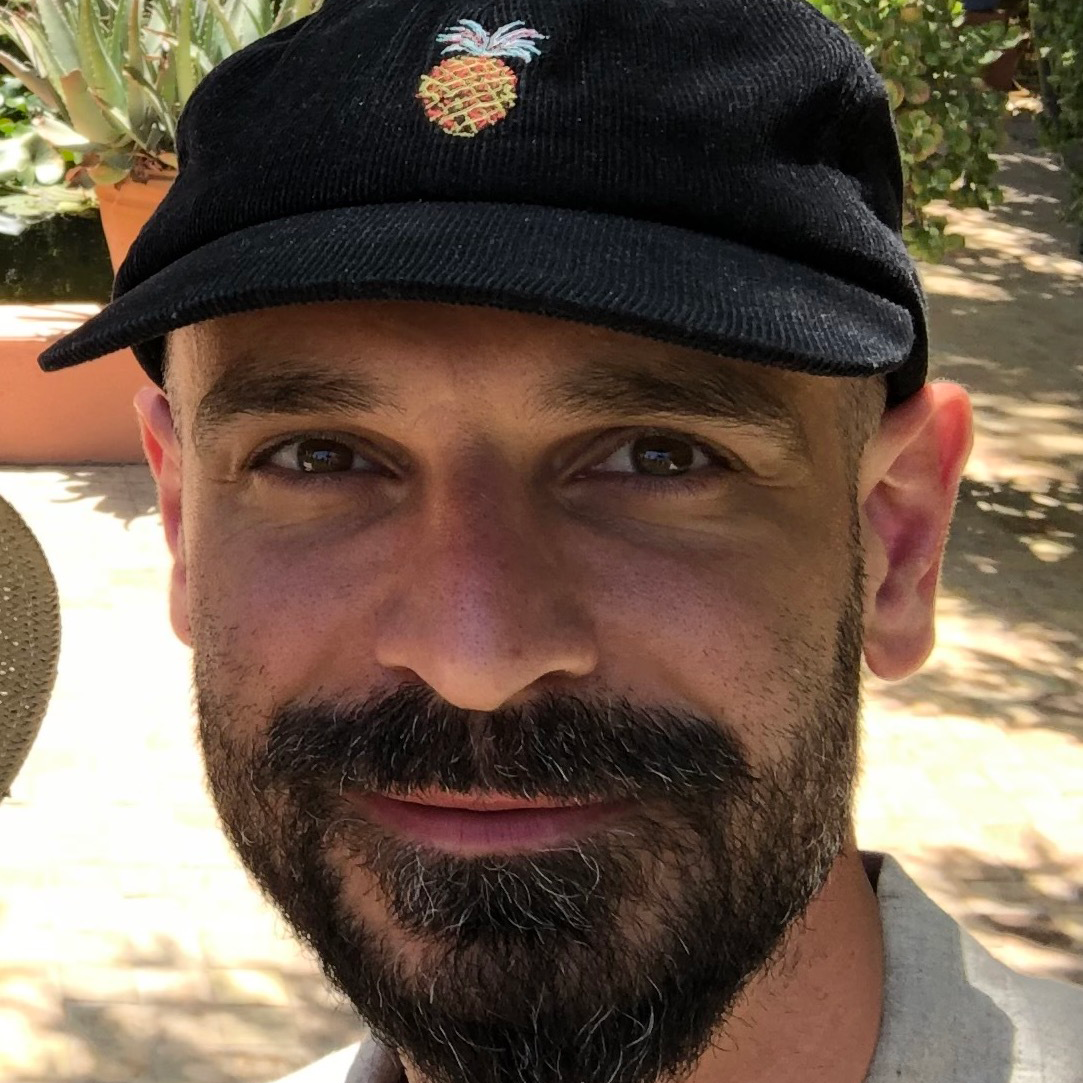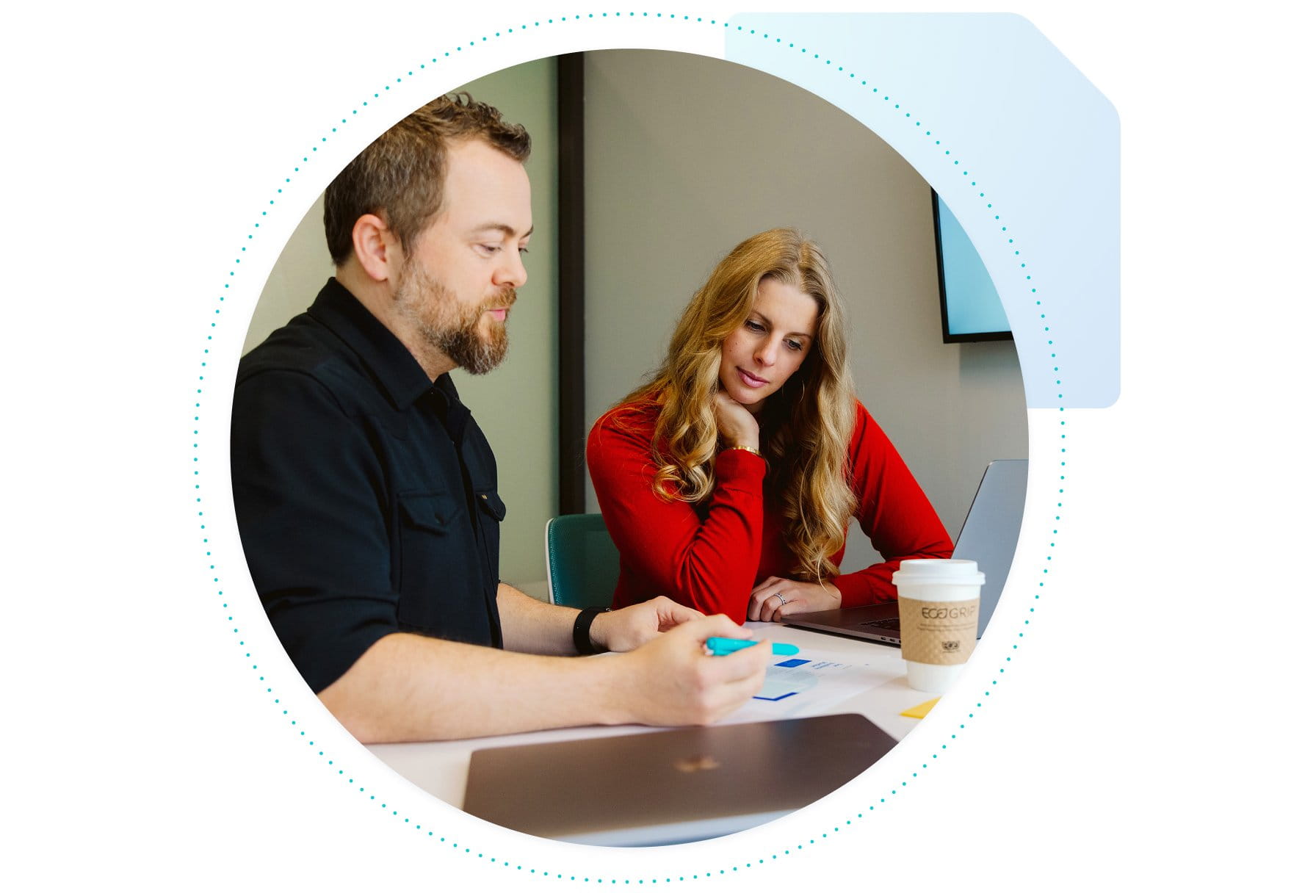Headless WordPress by WP Engine
The all-in-one headless solution for radically fast sites
Single, end-to-end optimized headless platform
Incredible performance up to 10x classic WordPress
Flexible Node.js frontend, including Next & React
Diverse plans for any size project
Free, feature-complete sandbox environments
Rich resources, communities, and learning tools
60 day money-back guarantee
24/7 expert support for WordPress
Headless Platform features
A complete headless tech stack
Headless resources
Insights to inspire

Achieving Better Core Web Vitals with Headless WordPress
Headless web architecture offers a clear path for achieving peak Core Web Vitals and delivering seamless, omnichannel experiences today’s consumers demand.


Free Headless Platform Developer Resources
A repository full of resources in all the formats you love, designed to teach you headless WordPress development from the ground up.

The State of Headless: A Global Research Report
When you need help, our WordPress experts are available. From pre-launch to go-live and beyond, we’ve got your back.

The Rise of Multi-CMS in the Enterprise
When you need help, our WordPress experts are available. From pre-launch to go-live and beyond, we’ve got your back.
“With the growing need for headless with a lot of our clients, we fully trust WP Engine and the Headless Platform! We loved to see where WP Engine is actually taking the WordPress community off to the future.”

“We’ve been delighted to work with WP Engine and the Headless Platform as we’ve embraced WordPress and embraced headless technologies on top of WordPress. It’s great to see a well-thought-out enterprise-grade managed experience that helps us get WordPress, helps us get a decoupled frontend, all online in the same place.”

“We’ve been a partner of WP Engine for many years and one reason that we continue that partnership is the support, both for us and for our clients. And now with Headless Platform, they’ve listened to us, to our needs, to what we need in that product, and they’ve made it as simple as possible for us to manage a decoupled solution without worrying about hosting for all the different pieces.”

“We’re in an age where content has to reach everyone, everywhere and so many things are becoming more omnichannel. And headless, and Headless Platform specifically, are a brilliant solution to help our clients achieve those goals.”

“Headless Platform delivers everything we need to radically improve performance without disrupting our content management workflows.”

Headless Platform
FAQ

60 day money-back guarantee: We’re so confident that you’ll love our products and services that we’re offering a 60 day money-back guarantee. If you’re unsatisfied for any reason, you can request a refund anytime within the first 60 days and we’ll refund your plan fees paid. You must request your refund as part of your cancellation notice to qualify for a refund. Please note: All new Startup, Professional, Growth, and Scale plans are included in the 60-day money back guarantee. All other premium and custom plans are not included.
* First year pricing and associated coupons are valid for new customers purchasing Startup, Professional, Growth, and Scale plans only. Cannot be used with other offers and is not valid for upgrades, renewals or any other product purchase. Offer can only be redeemed once upon signup.
